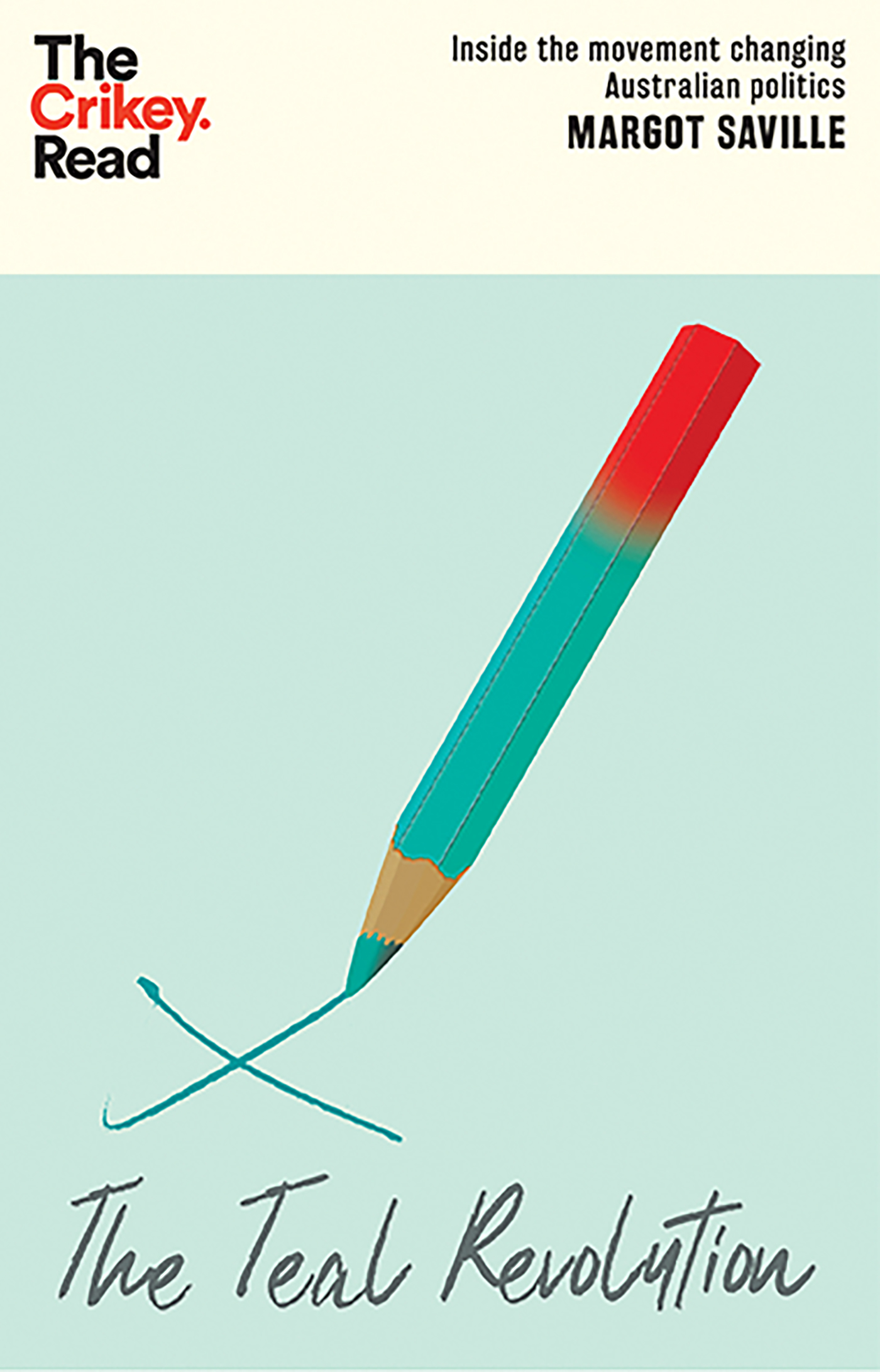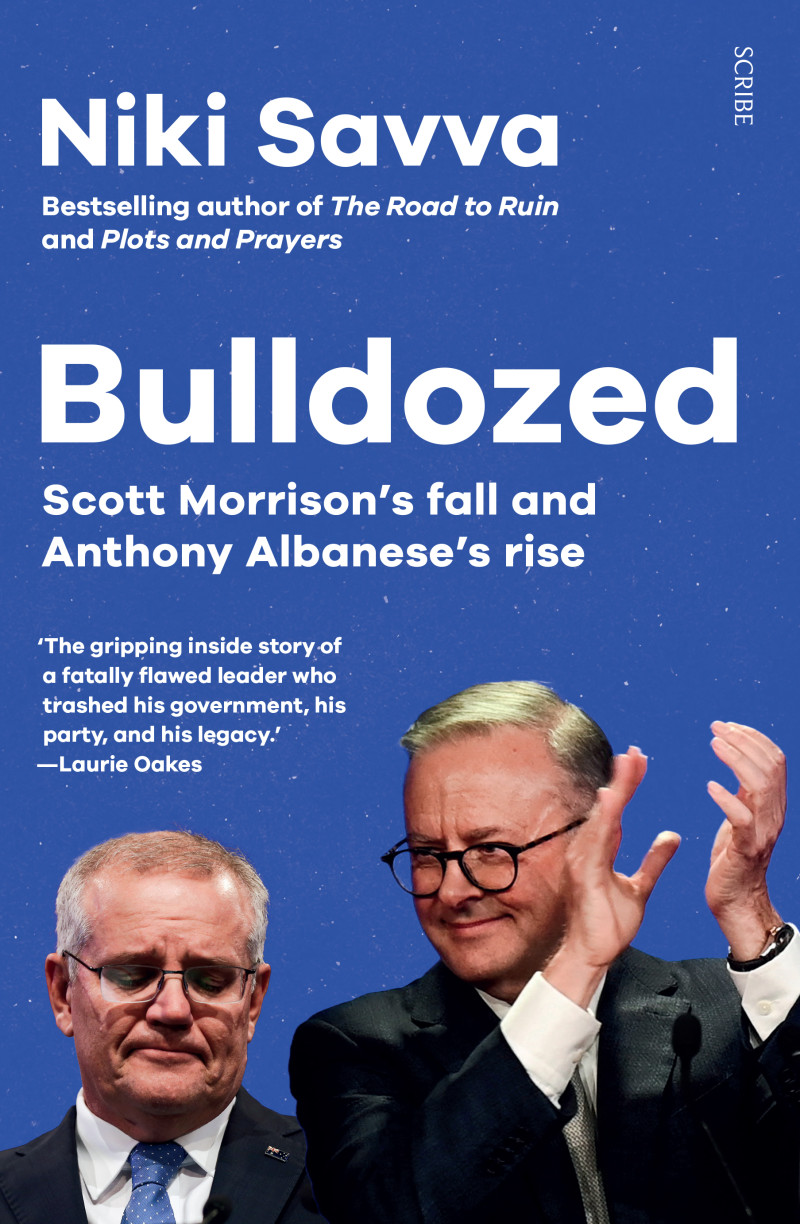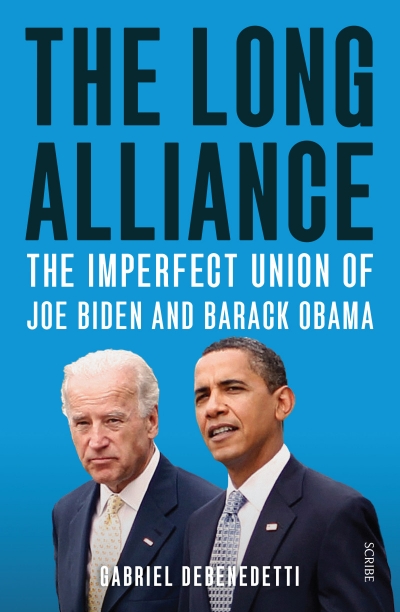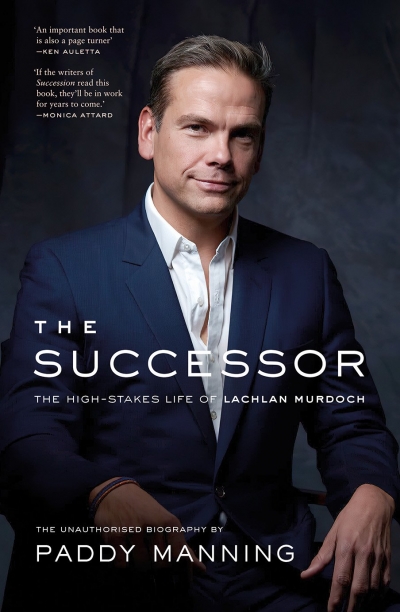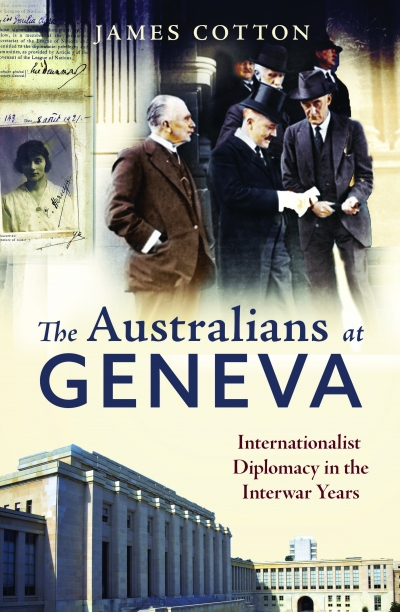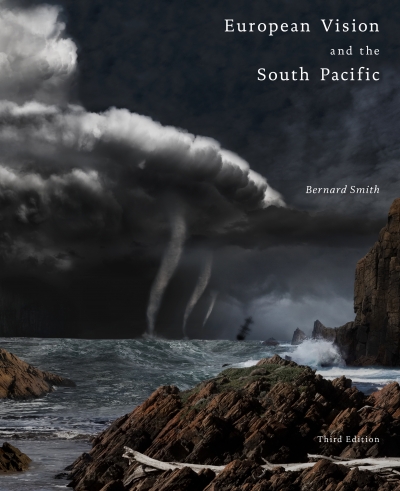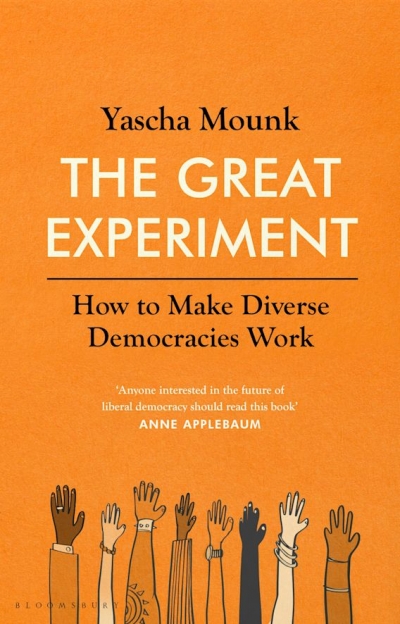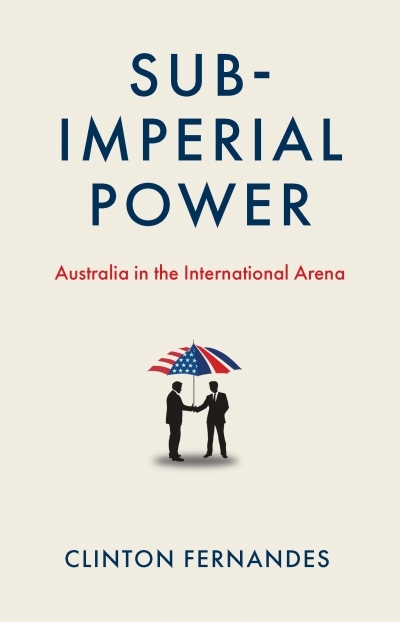Politics
The Teal Revolution by Margot Saville & The Big Teal by Simon Holmes à Court
One of the by-products of every election is the instant analysis, often in the form of small books that read like extended newspaper articles. The success of the teals at the 2022 federal election has already produced extensive speculation about whether this signals a sea change in Australian politics.
... (read more)The United States is entering an important phase. By this time next year, with most presidential candidates declared, we will know whether the republic is post-Trump and returning to ‘normalcy’ or approaching peak-Trump and moving toward some sort of civil discord. I predict the former. The midterm elections in November 2022 revealed a nation grasping for the centre. The extremes of left and right did poorly. I expect this trend to continue through November 2024. So, for centrists, some New Year reasons to be cheerful.
... (read more)Bulldozed: Scott Morrison's Fall and Anthony Albanese's Rise by Niki Savva
Luck has always been a potent force in politics, good and bad, but for Scott Morrison, Australia’s thirtieth prime minister, it almost single-handedly drove his unheralded ascent.
... (read more)With protests by members of the Iranian diaspora burgeoning across Europe and the rest of the world, I attend a demonstration in central Athens. A group assembles in front of the Greek Parliament, with two banners outstretched. The first reads ‘Woman, Life, Freedom’, the second, ‘the Iranian people no longer want the Islamic Republic’. The mise en scène seems to capture the genealogy of a movement that began with the death of a twenty-two-year-old Kurdish woman, Jina (or Mahsa) Amini, on 16 September in Tehran following her arrest by the notorious morality police, and has since grown into what has been deemed the biggest domestic threat yet to the existence of the Islamic regime.
... (read more)The Long Alliance: The imperfect union of Joe Biden and Barack Obama by Gabriel Debenedetti
Since crossing paths nearly two decades ago, Barack Obama and Joe Biden have forged one of the more potent partnerships in modern American politics – winning three of the last four presidential elections between them – and have built an enduring friendship. It is all the more remarkable for its rarity. The pressures of the White House, overlapping ambitions, and competing loyalties have soured the relationship between most presidents and their deputies (think of Richard Nixon’s notorious bitterness towards Dwight Eisenhower or the froideur between Al Gore and Bill Clinton).
... (read more)The Successor: The high-stakes life of Lachlan Murdoch by Paddy Manning
In the 1990s, seeing a ‘hot-red weapon’ of a motorbike being ridden into the News Corp car park in Sydney, journalist Paddy Manning could not help but ask, ‘What’s that?’ Still wearing his helmet, the rider answered that the bike was an MV Agusta – at which point Manning realised he had yelled at Lachlan Murdoch.
... (read more)The Australians at Geneva: Internationalist diplomacy in the interwar years by James Cotton
In October 2022, the United Nations announced that its Total Digital Access to the League of Nations Archives Project (LONTAD) was complete. For the past five years, archivists in Geneva have been preserving, scanning, and cataloguing more than fourteen million pages of historical documents, making them accessible to researchers around the world. Harnessing a technology that people a century ago could hardly imagine, this project has extended the League of Nations’ foundational values of sharing knowledge and cooperating across borders into the twenty-first century.
... (read more)European Vision and the South Pacific, Third Edition by Bernard Smith
In the 1990s, I was a doctoral student at the University of Melbourne writing on the representations of race in the School of Historical Studies. Geoffrey Dutton’s White on Black: The Australian Aborigine portrayed in art (1974) and Bernard Smith’s European Vision and the South Pacific were essential reading. Over the subsequent three decades, interest in Dutton’s White on Black seems to have languished, but Smith’s magnum opus remains an indispensable text. Writing in Meanjin in 1960, Robert Brissenden noted that European Vision was ‘an extremely valuable and distinguished piece of work, one to which historians and scholars in many fields will be gratefully indebted for a long time’. I doubt he could have possibly imagined that sixty-two years later we would be reading the third edition of this monumental work, now edited by Smith’s biographer, art historian Sheridan Palmer, with an excellent introduction and contextual essay by Palmer and Greg Lehman.
... (read more)The Great Experiment: How to make diverse democracies work by Yascha Mounk
This is an optimistic book about the future of democracy in diverse societies. Yet optimism about democracy is a scarce commodity in 2022. Engaging with the prevailing pessimism forms the basis of Yascha Mounk’s prognosis for democracy in diverse societies. This makes it a worthwhile book, despite some absences in the analysis.
... (read more)Subimperial Power: Australia in the international arena by Clinton Fernandes
When the Howard government committed Australian troops to fight in Afghanistan in 2001, and later in Iraq, it did so without recourse to parliament or the courts. Not only can the prime minister sanction the despatch of the nation’s forces to fight overseas, he or she has no need of parliamentary approval. Indeed, there is no requirement to debate such a proposal before a decision is made. Australia has no equivalent of the US War Powers Resolution of 1973, which limits the president’s freedom to make war.
... (read more)

